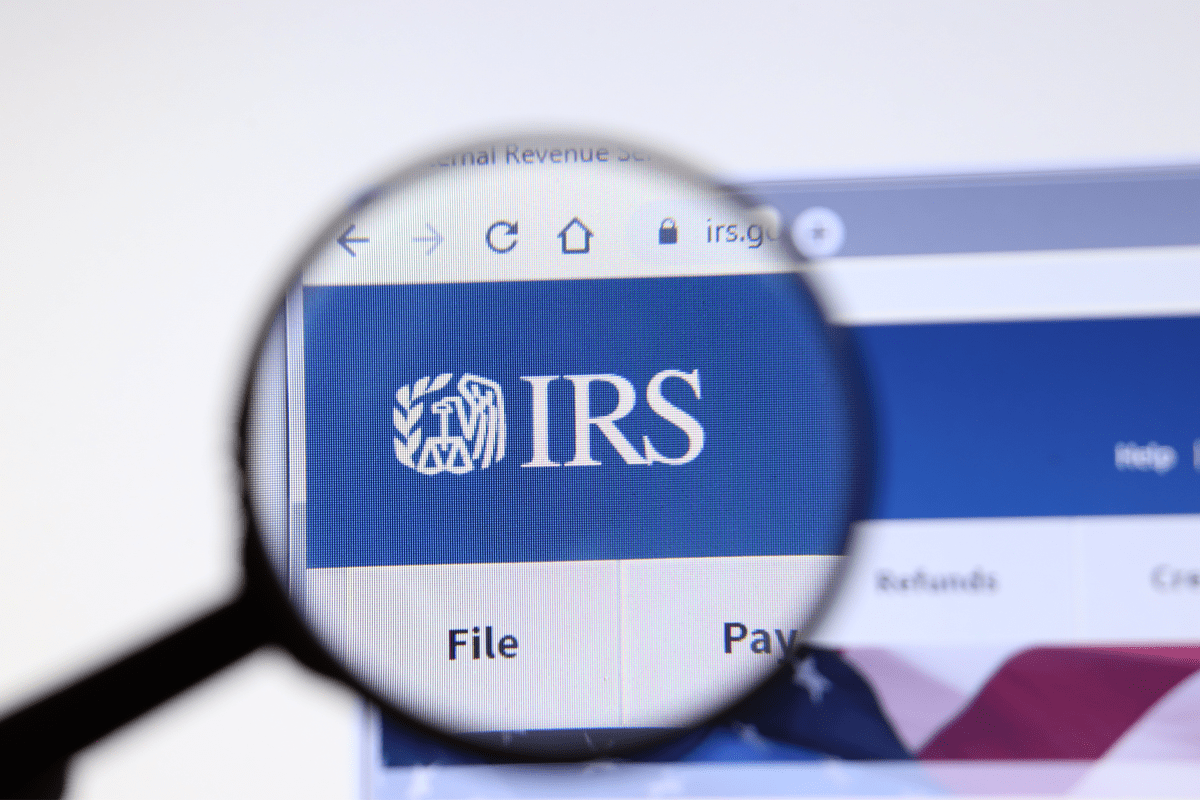
Partner at Charbonnet Law Firm LLC
Practice Areas: Personal Injury

If you’ve been injured in an accident and are receiving a settlement in Louisiana, you might wonder whether you’ll owe any taxes to the IRS. This blog post will clarify which portions of a personal injury settlement may be taxable and which are typically exempt, providing you with the information you need to make informed financial decisions.
A personal injury settlement is an agreement reached between the injured party (the plaintiff) and the party responsible for the injury (the defendant) or their insurance company. This settlement compensates the injured party for damages such as medical expenses, lost wages, and pain and suffering. In Louisiana, personal injury claims often arise from accidents, negligence, or wrongful acts.
When it comes to taxes, it’s essential to understand what parts of your settlement may be taxable and which parts are typically non-taxable. Here’s a quick reference table for your convenience:
| Taxable | Non-axable |
| Punitive damages | Physical injuries directly caused by emotional distress |
| Interest earned on settlements | Most physical injury settlements |
| Non-physical injuries (e.g., emotional distress) | Settlements from insurance companies |
Let’s dive deeper into each category to clarify what is and isn’t taxable.
Settlements obtained from insurance companies, especially through negotiations, are typically not taxed. This is crucial for victims of accidents who rely on these settlements to cover their medical bills and other related expenses.
If you have a personal injury claim that includes compensation for emotional distress, be aware that the IRS may treat these differently. For instance, if you received compensation for emotional distress but it was not directly tied to a physical injury, you may have to pay taxes on that amount. Conversely, if the emotional distress arises from a physical injury, you won’t be taxed.
If you previously deducted medical expenses related to your injury on your taxes, you might have to pay taxes on that portion of your settlement. For example, if you claimed a deduction for medical expenses in the past and then received a settlement that includes those same expenses, the IRS may require you to report that portion as taxable income.

If you receive compensation for pain and suffering, this can be considered taxable income if it stems from emotional distress that is not related to physical injuries. However, if you paid for related medical expenses and did not deduct them from your taxes, the amount may not need to be reported as taxable income.
In cases where a personal injury settlement includes compensation for property damage, such as car repairs, that amount is generally tax-free. However, if the compensation exceeds the actual loss in value of the property, the excess amount may be subject to taxation.
As mentioned earlier, punitive damages are always taxable. These damages are imposed to punish the defendant for particularly egregious behavior and do not serve to compensate the victim for losses, making them taxable under IRS guidelines.
Understanding the tax implications of your personal injury settlement can help you maximize your compensation. Here are some tips to consider:

There are many myths surrounding the taxation of personal injury settlements. For instance, some people believe that all settlement amounts are taxable, which is not true. As noted, most physical injury settlements are non-taxable. Understanding these misconceptions can help you make better financial decisions.
In summary, navigating taxes on personal injury settlements in Louisiana can be complex, but knowing what is taxable and what isn’t can ease some of that confusion. Most physical injury settlements are non-taxable, while punitive damages and interest earned on settlements are taxable. Emotional distress claims can vary, depending on whether they’re linked to a physical injury.
If you’re unsure about how taxes will affect your personal injury settlement, consider consulting a tax professional or a personal injury attorney for guidance tailored to your specific situation. Understanding the nuances can help protect your financial future after an accident.
If you need help with your personal injury claim or have questions about tax implications, don’t hesitate to reach out to us for a free consultation. We’re here to help you navigate this challenging process and ensure you receive the compensation you deserve.

With over 50 years of legal experience serving families in the New Orleans area and surrounding Louisiana communities, our firm takes pride in providing clients with personalized legal services tailored to individual needs.